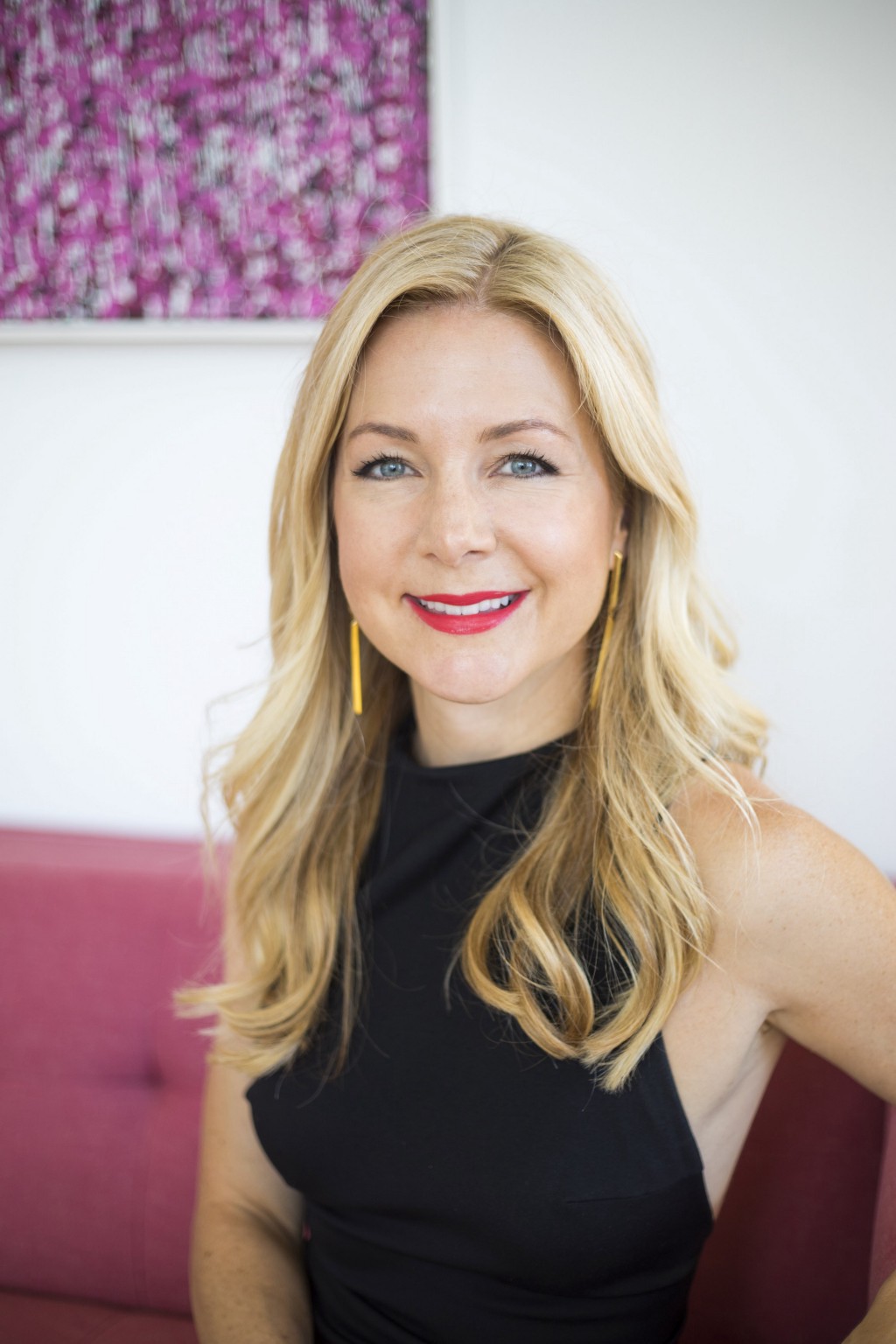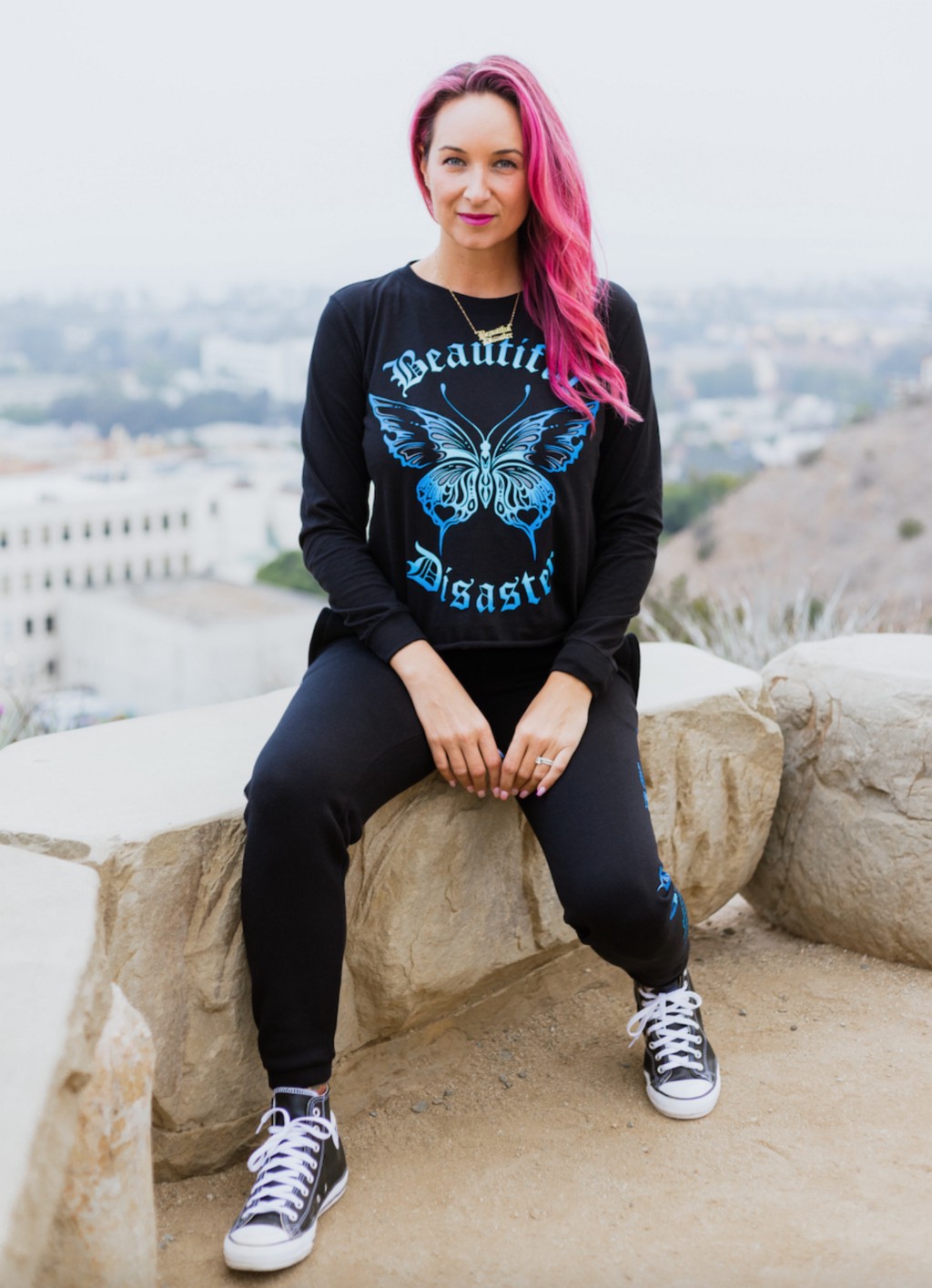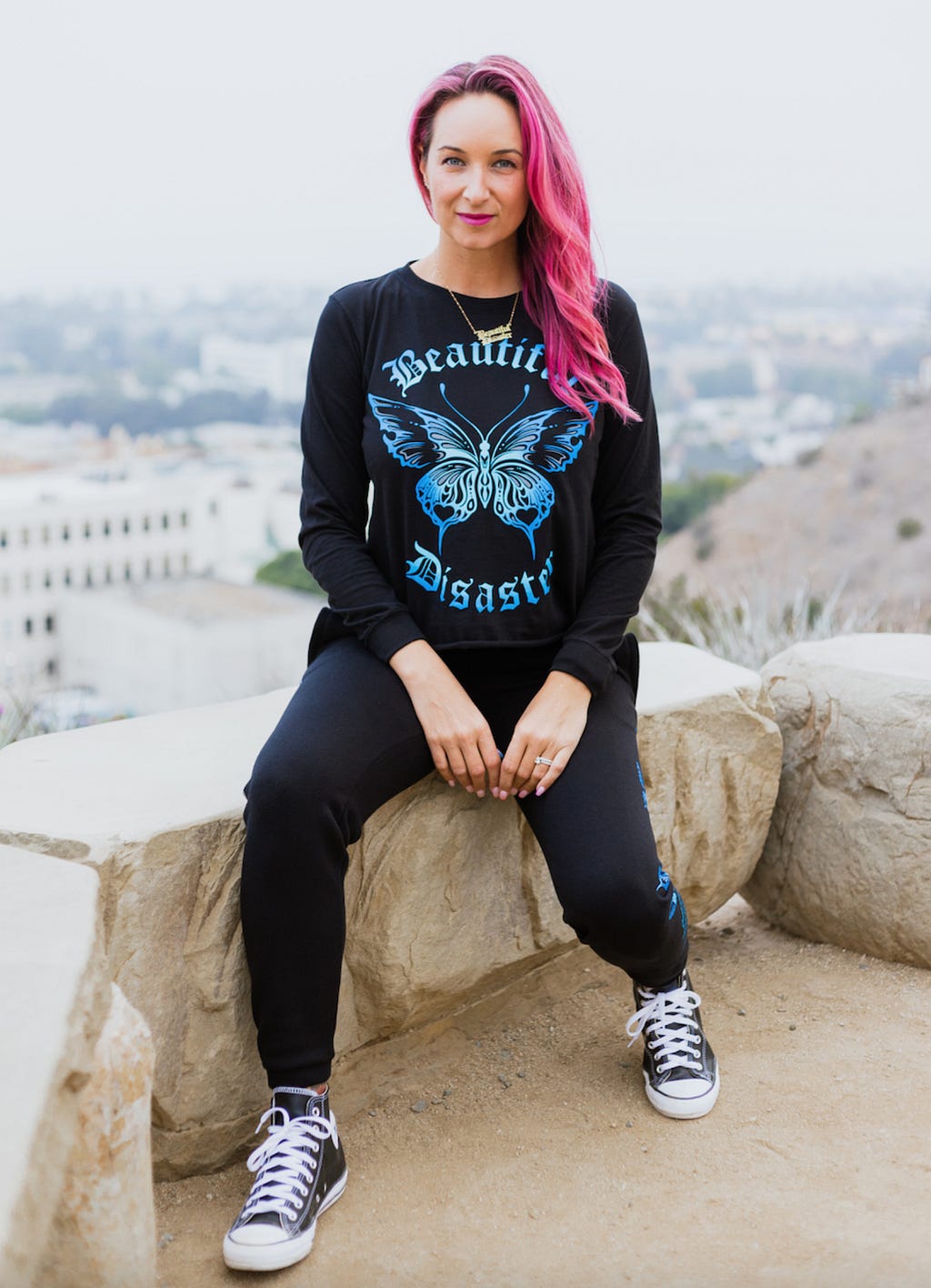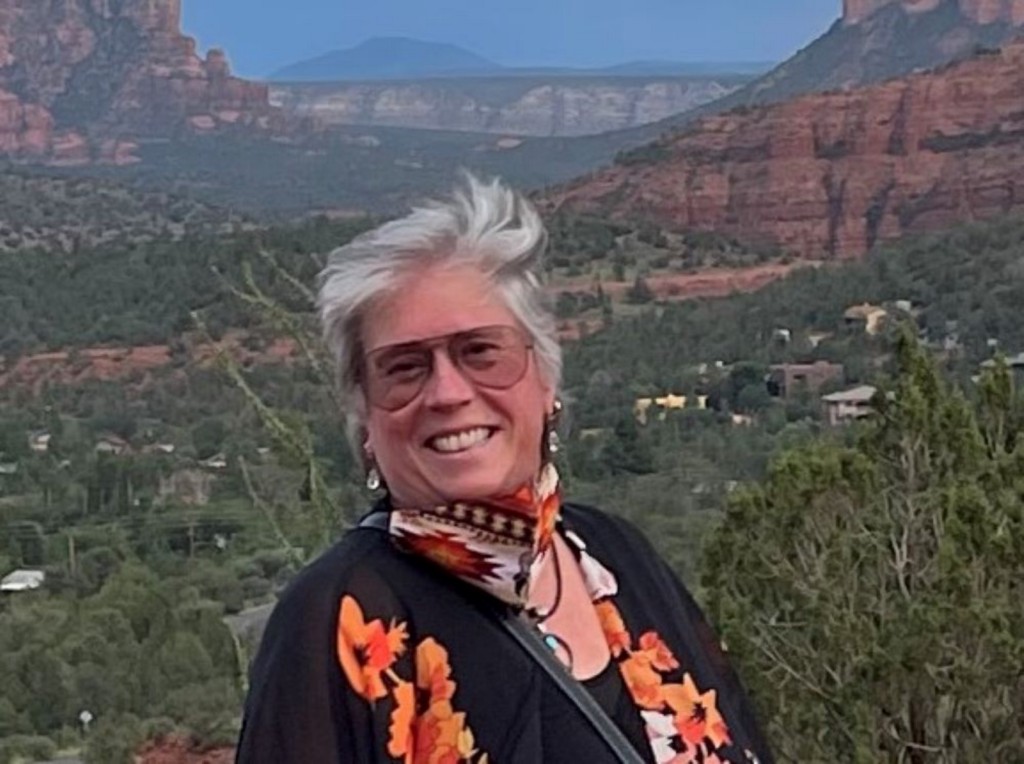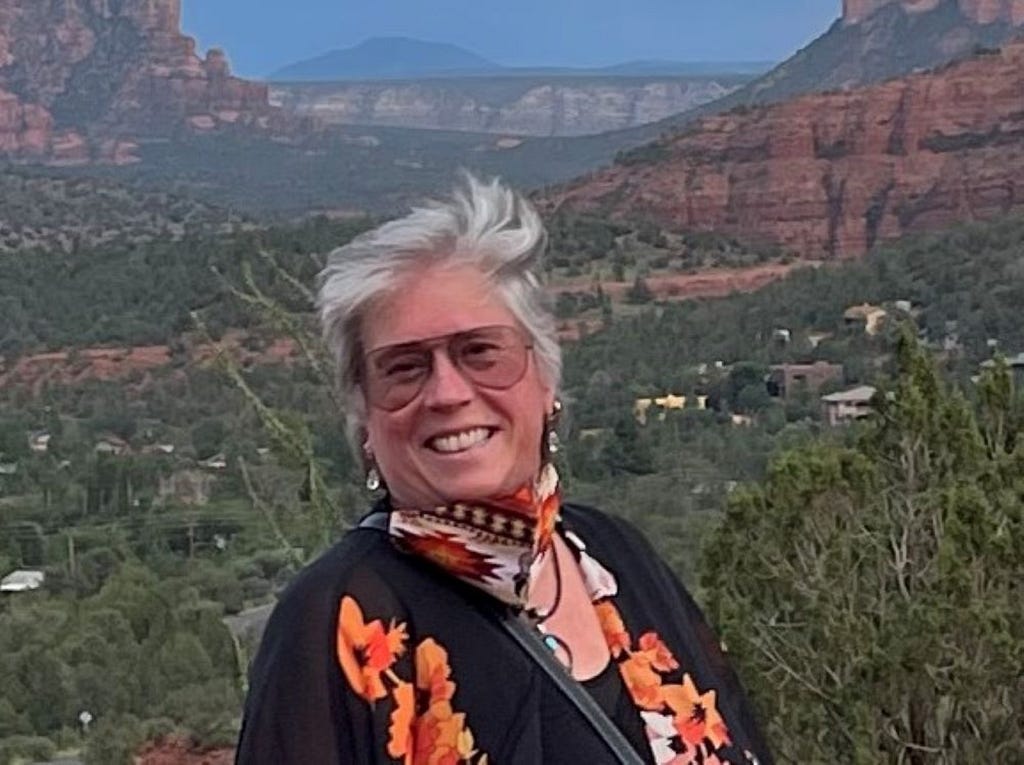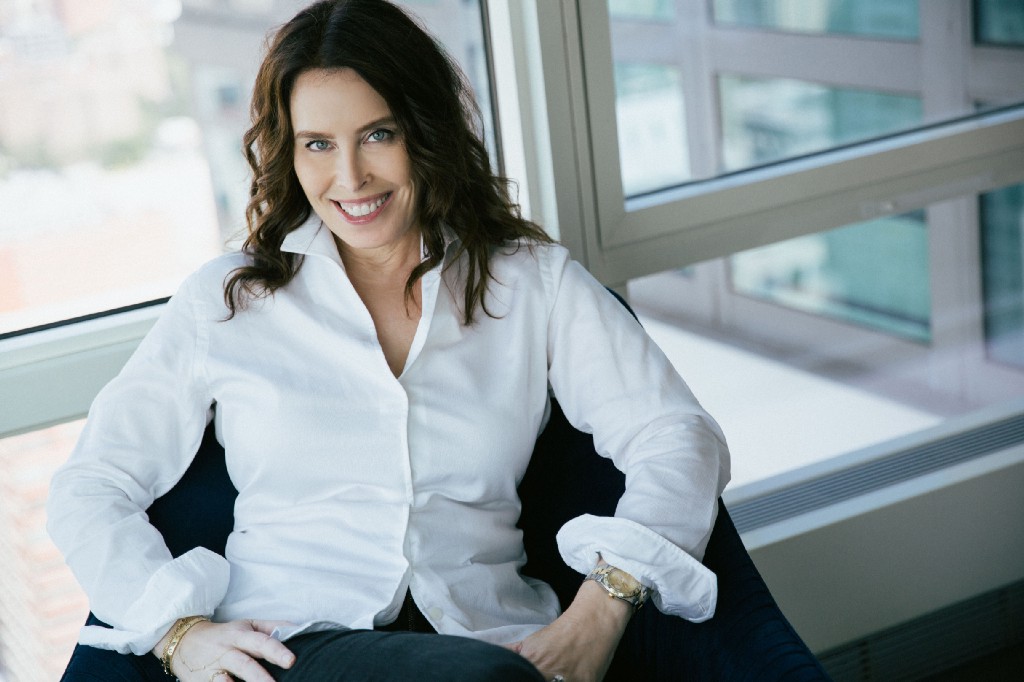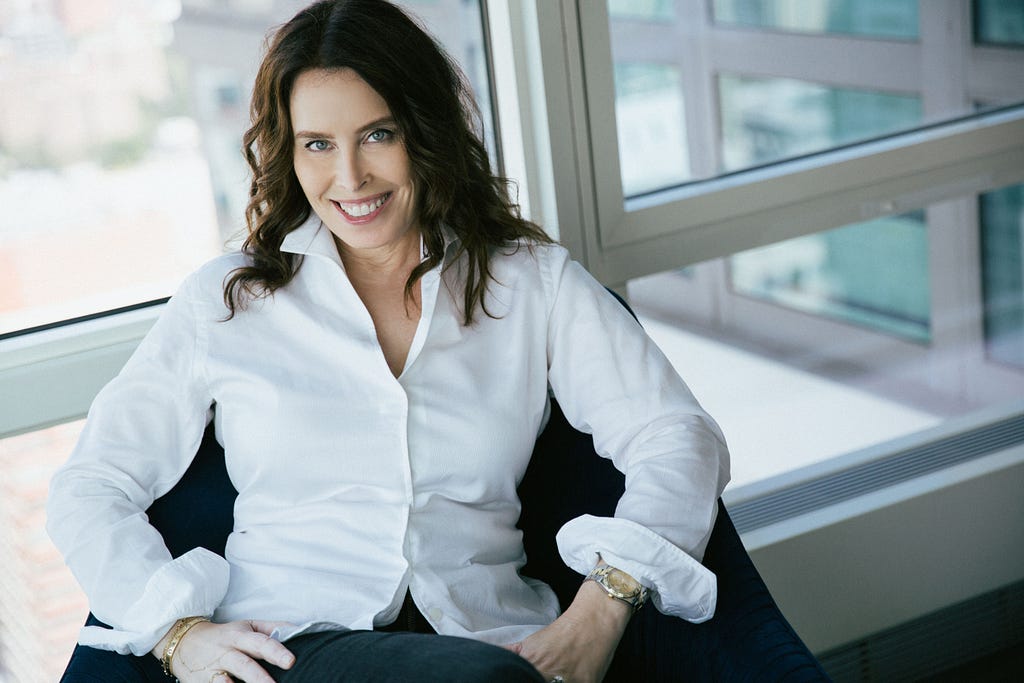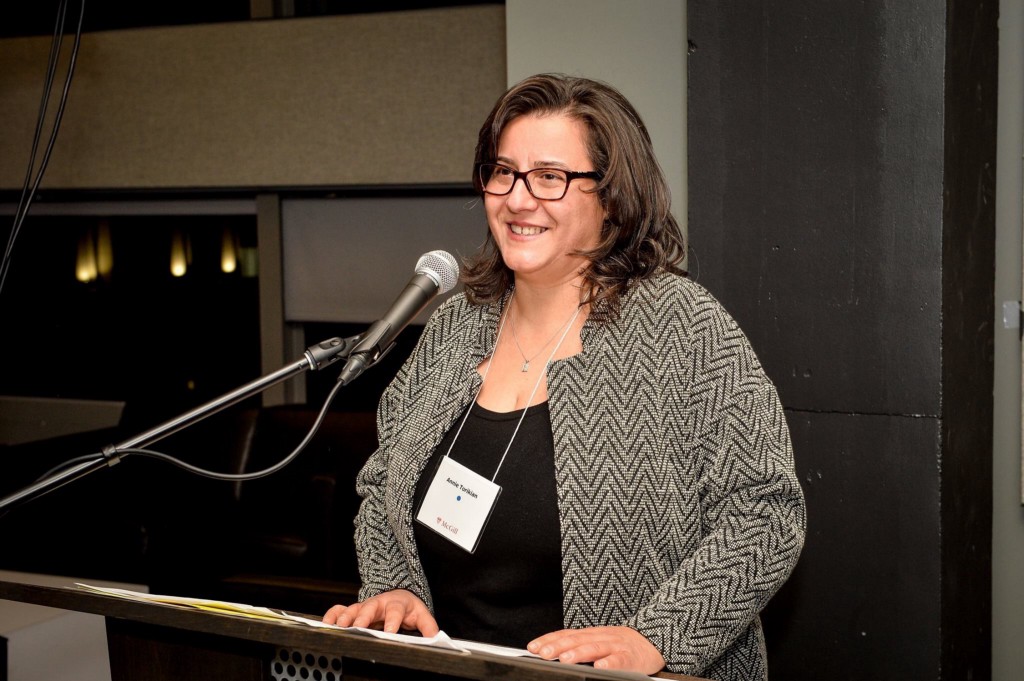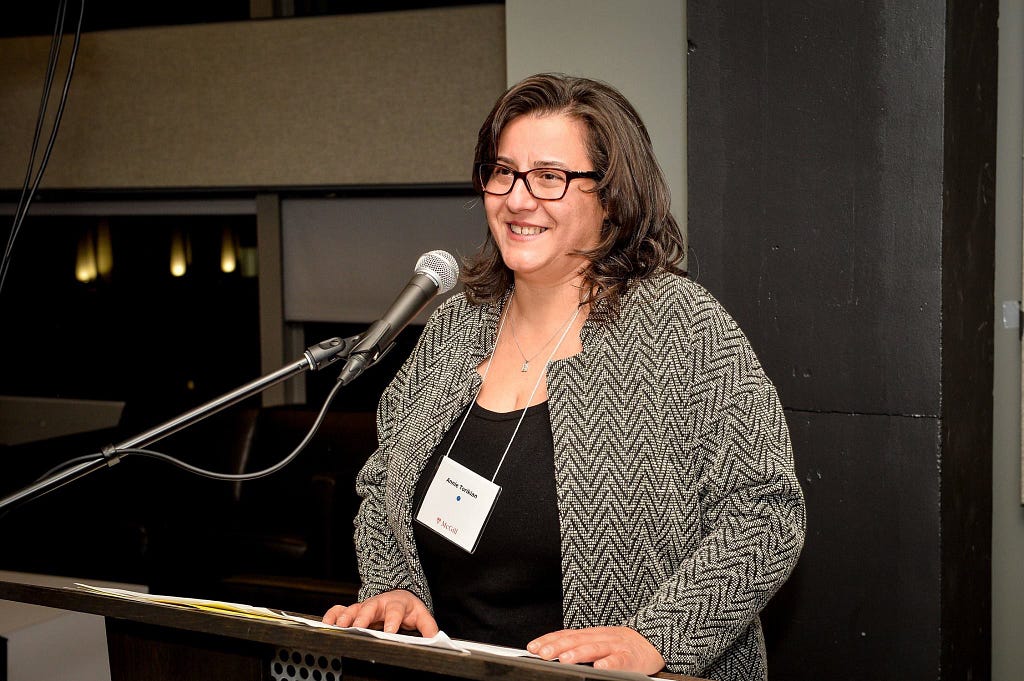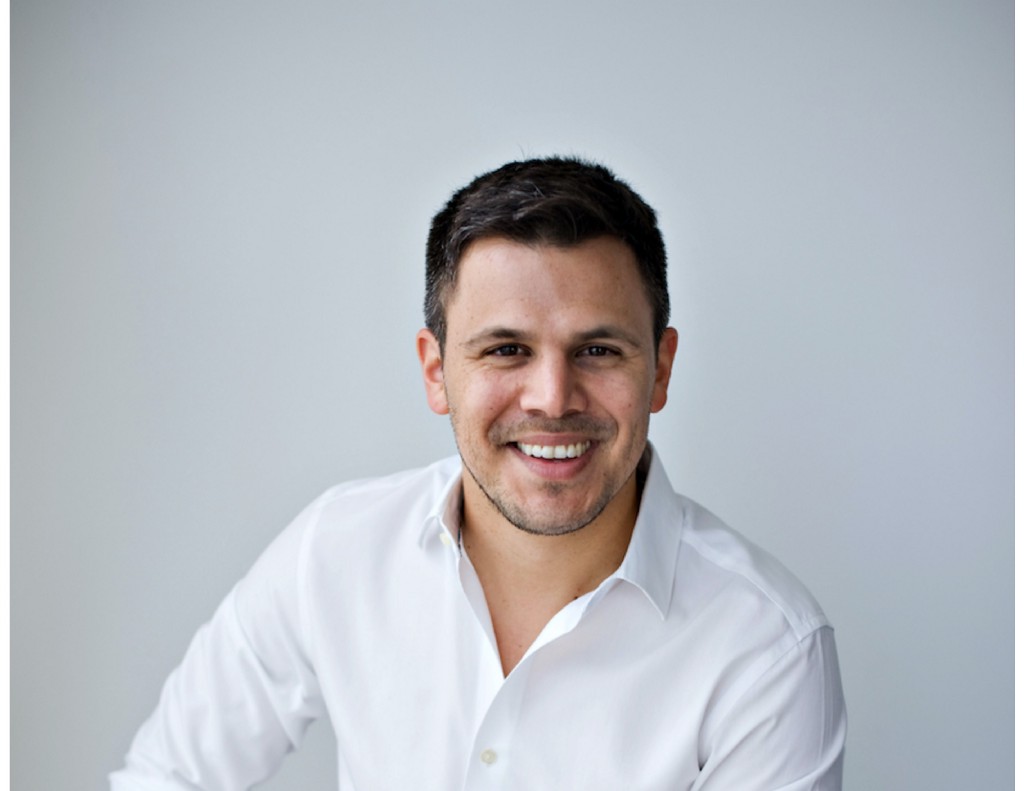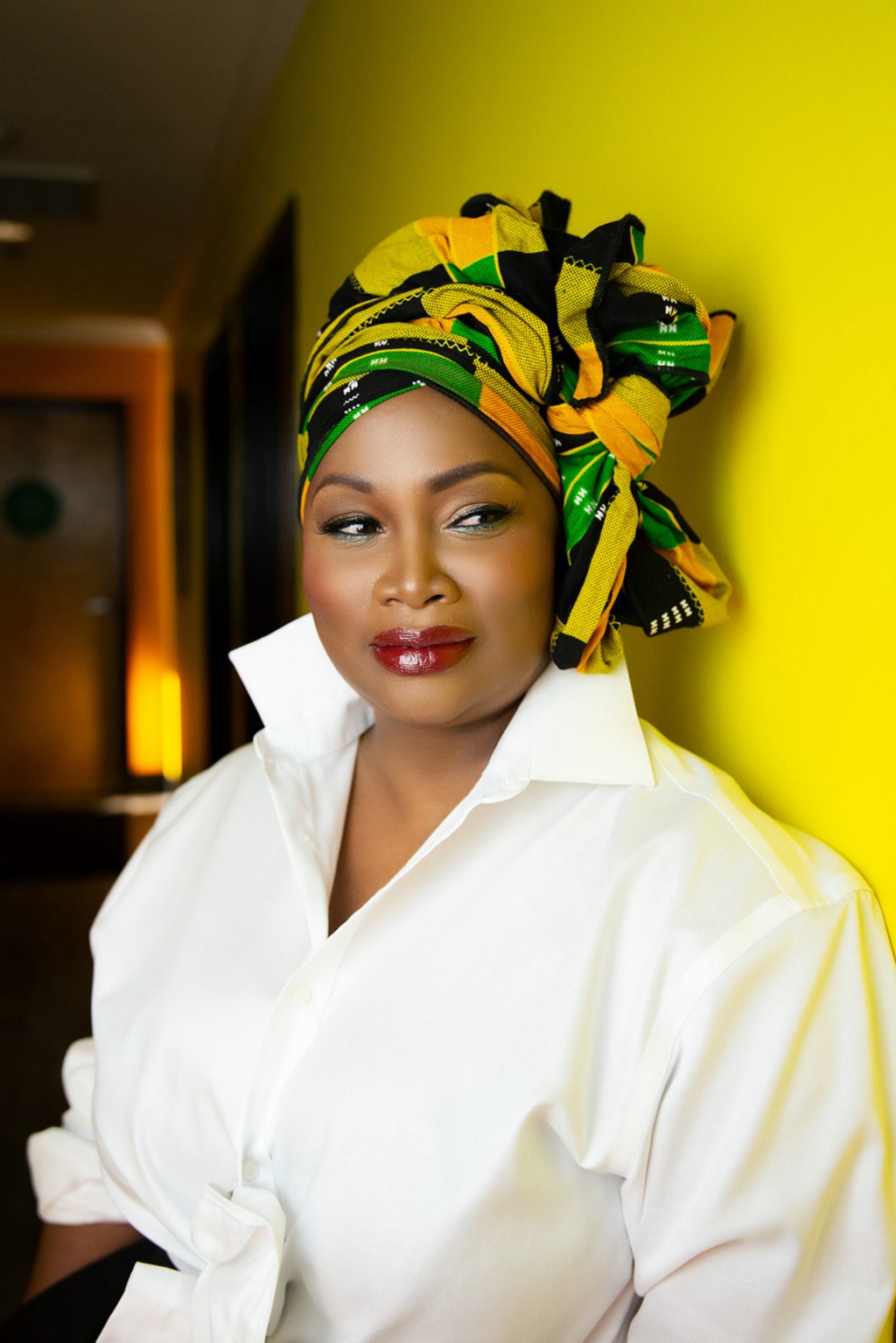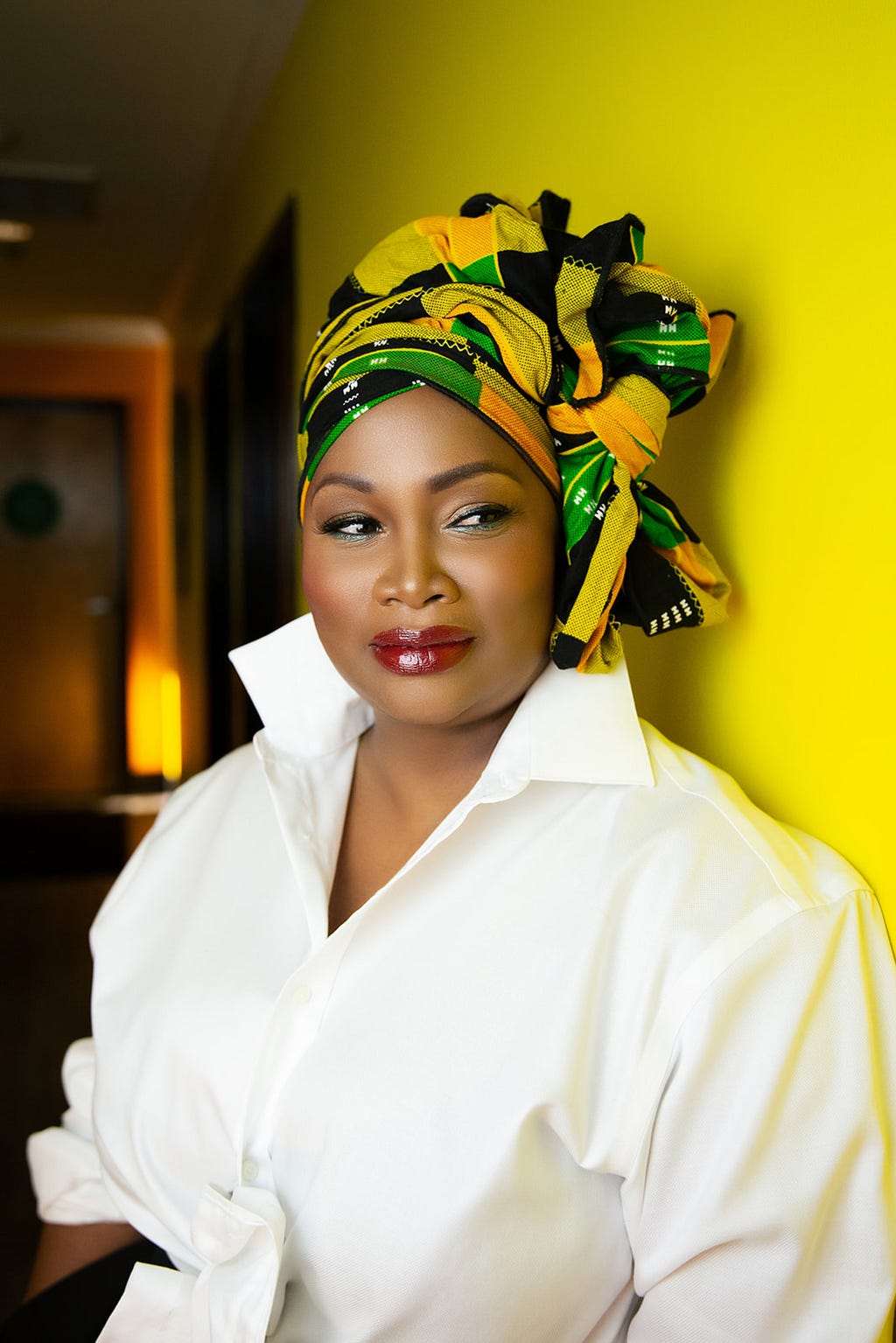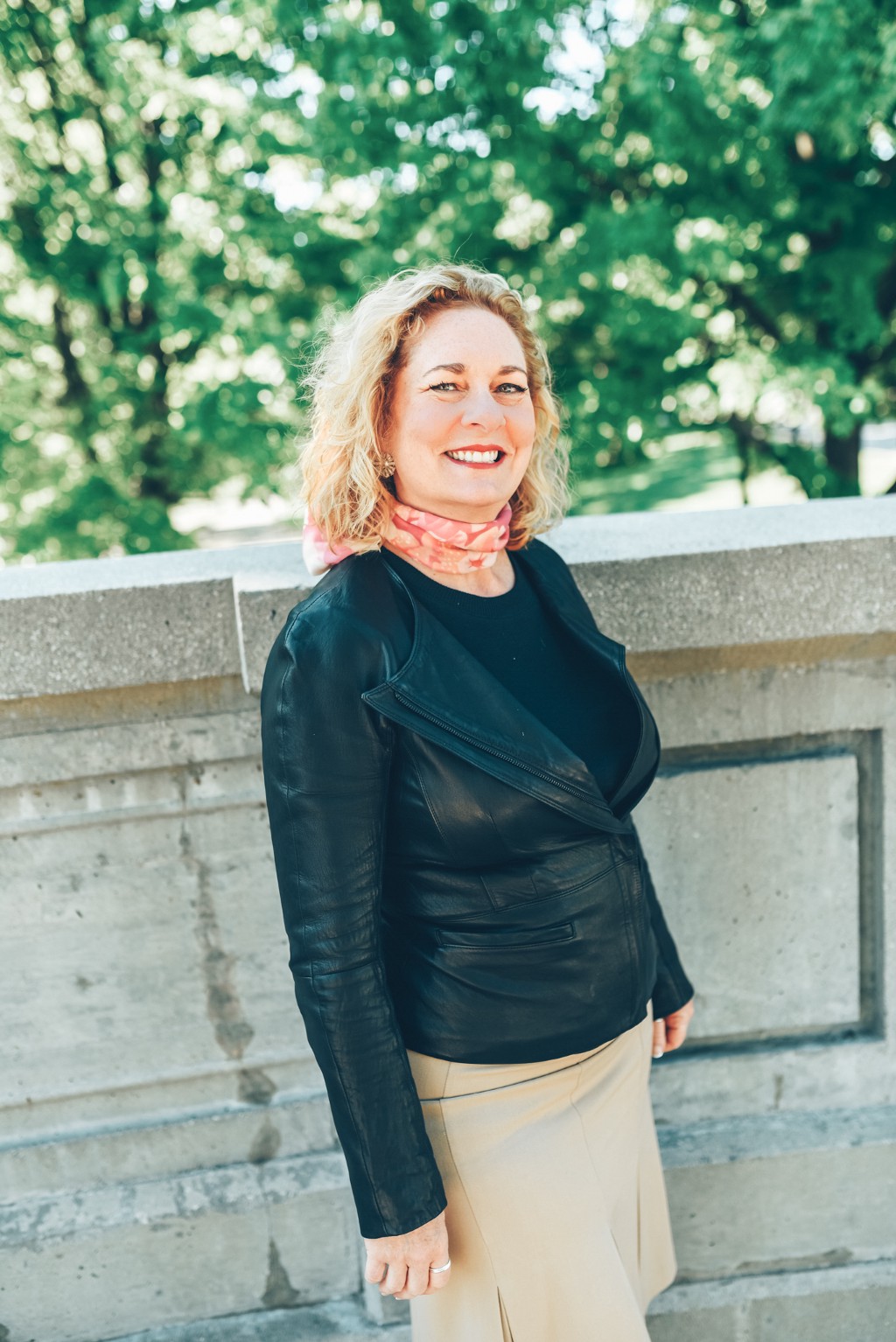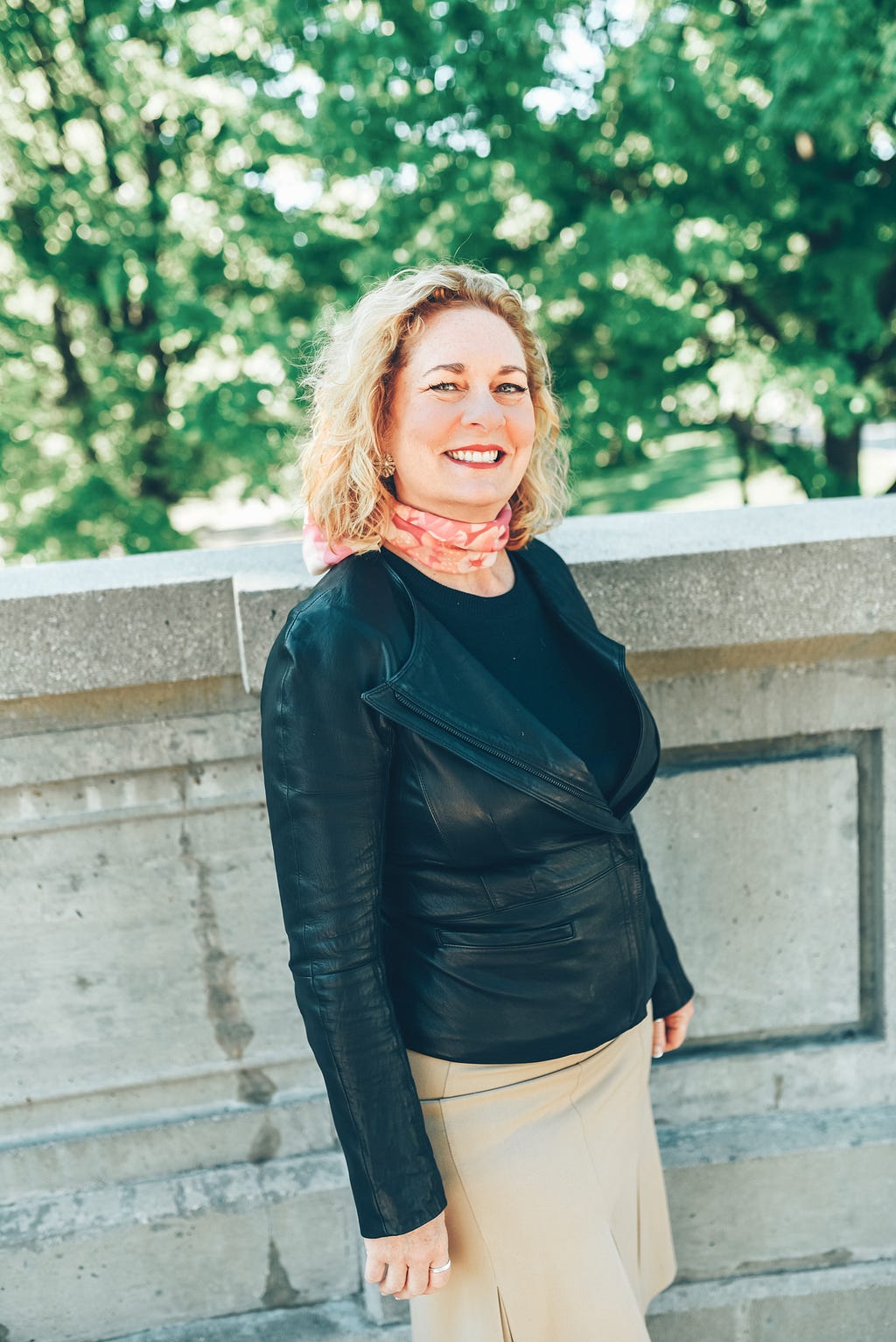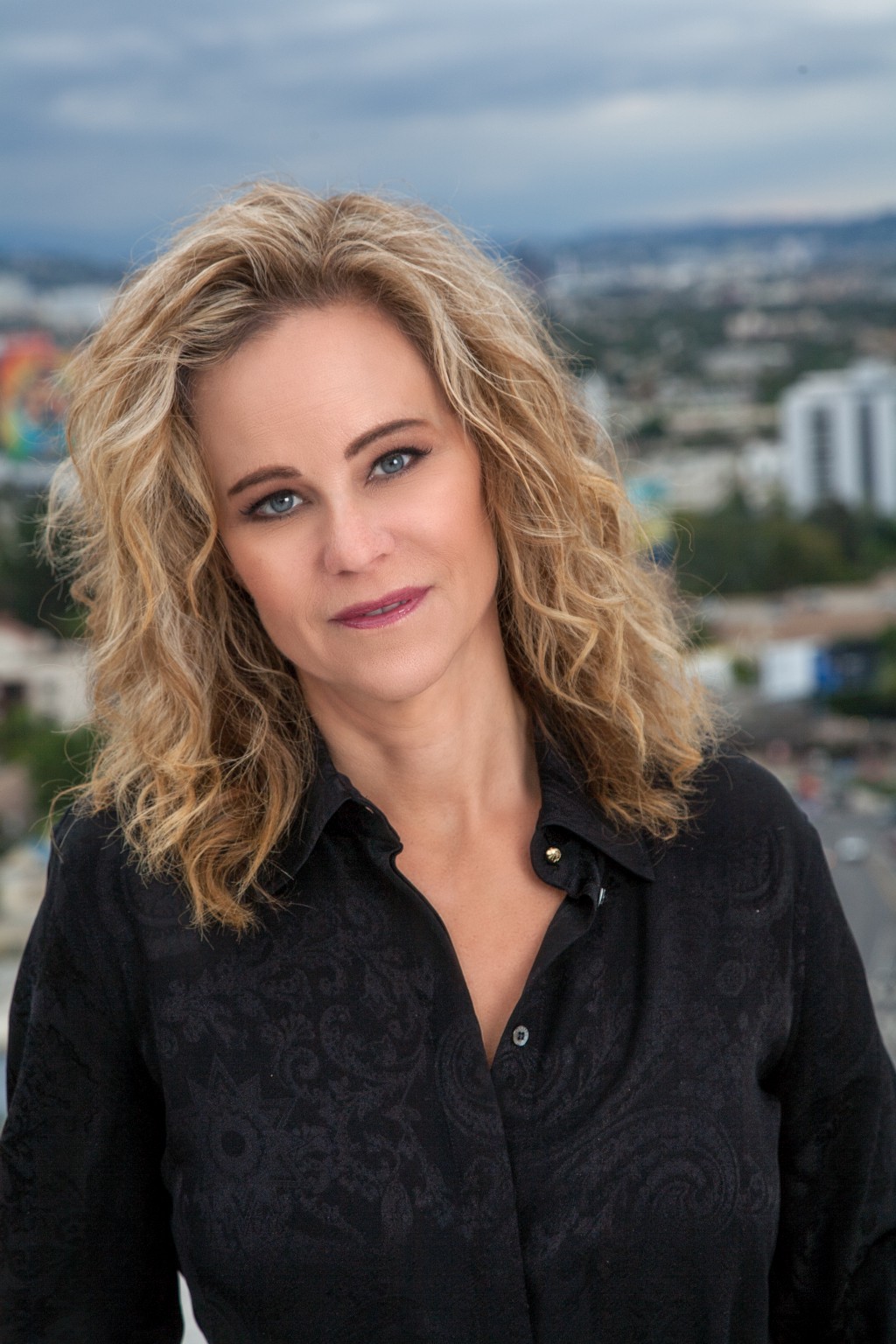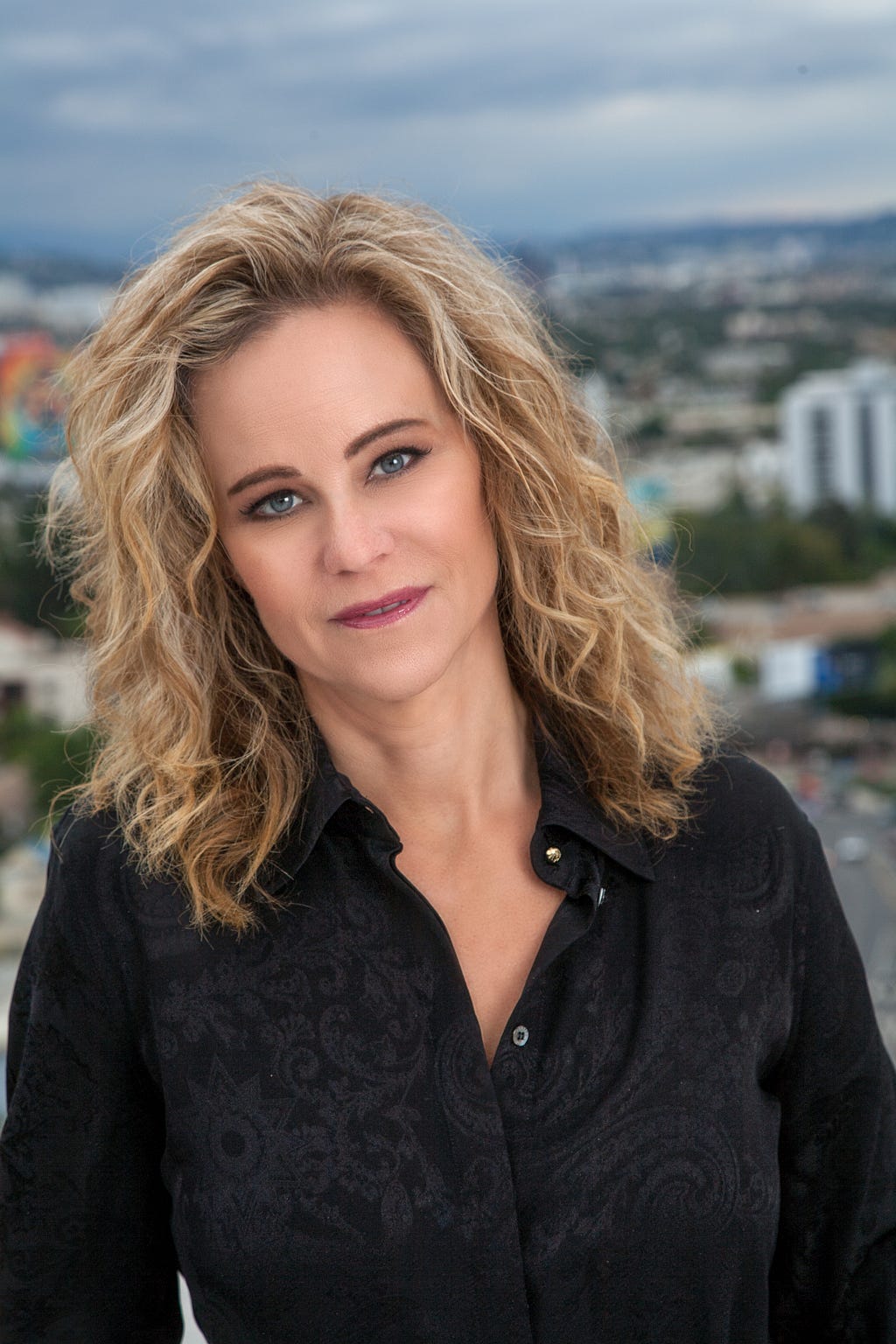The Future of Beauty: Ali de Bold of ChickAdvisor On How Their Technological Innovation Will Shake Up The Beauty Industry
An Interview With Candice Georgiadis
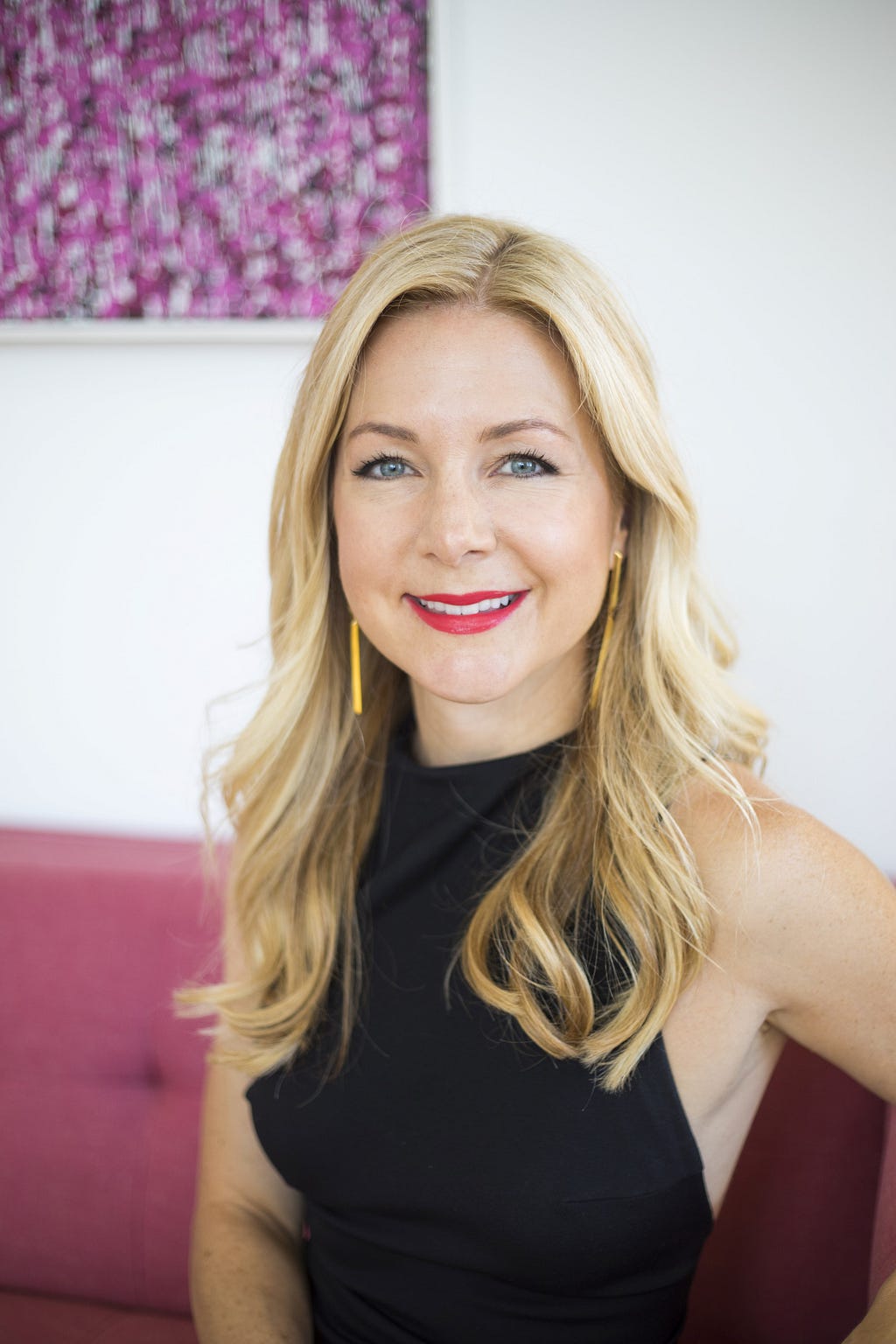
I’d say feed your soul. I think it’s related to being kind, but beauty truly isn’t something we put on or create from using the right makeup. It’s about living a life that’s true to who you are — gay, straight, trans, black, indigenous, people of color…and everyone in between. We are in a century of discovering, identifying and claiming our whole selves and that comes from being who you are from the inside out.
As a part of our series about how technology will be changing the beauty industry over the next five years, I had the pleasure of interviewing Ali de Bold, co-founder ChickAdvisor.
Ali de Bold is the co-founder of ChickAdvisor.com, Canada’s most trusted product reviews website.
Launching in 2006, ChickAdvisor was Canada’s first product review community and was the brainchild of Ali and her husband, Alex de Bold. The couple found the company from their living room without any external funding and have since turned it into a community-based institution. Today, ChickAdvisor is thriving with hundreds of thousands of members across Canada, USA and the UK, working with top-tier CPG brands. The company has also launched Butterly, a community-building software for brands, XYStuff.com and FamilyRated.com which are niche product review sites with active and loyal followings. Ali is a third-generation entrepreneur and a graduate of Ryerson University’s Radio and Television Arts program.
Thank you so much for doing this with us! Before we dive in, our readers would love to learn a bit more about you. Can you tell us a story about what brought you to this specific career path?
I had way too many partially used bottles of product cluttering my bathroom. I shared a one-bedroom condo with my then fiancé, and the situation was getting out of hand. I didn’t want to throw the products away because I felt bad about wasting them, but I was frustrated by the many times I had purchased something and didn’t love it. I spent some time searching on Google to see if there were any sites where women were reviewing beauty products, and there weren’t any. It was 2005, and while there were things like Consumer Reports, Amazon was still primarily an online bookstore. There was nowhere on the internet to review a face cream or a mascara or read other people’s thoughts. I expressed this frustration to my fiancé, and he suggested we build something together. That led to the launch of ChickAdvisor.com in September 2006.
Can you share the most interesting story that happened to you since you began your career?
There have been so many. Would you like to know about the investors who didn’t want to invest in me because “women are too emotional” (which became the motivation I needed to carry me through every moment I thought about quitting)? Or the time we almost sold our business for tens of millions? Still, then the buyer backed out two weeks before closing? How about how COVID-19 nearly tanked our business when the ad industry went into a complete standstill for months but then actually opened another revenue stream for us as we innovated to stay afloat? The anecdotes are many, and I think my overarching lesson from all of them is that while people will be helpful throughout your life, you need to be your own hero. It’s not what we’re taught when we’re young, but if you embrace that you’re going to make mistakes, lose things, and sometimes fail, it’ll open you up to getting on the roller coaster. This, for me, has been the most thrilling, terrifying roller coaster of highs and lows I could ever have imagined.
Are you able to identify a “tipping point” in your career when you started to see success? Did you start doing anything different? Are there any takeaways or lessons that others can learn from that?
The tipping point was when the tiny den in our condo got so full of products that PR companies had sent me to review; I had to come up with a better solution. I started reaching back to the brands and asking them if, instead of me reviewing them all (and I couldn’t possibly), I could identify members in my community who were the right fit for the products to test them out and put together a marketing program for them around it. This became very successful and is now our primary source of revenue. It has also become a vast and competitive industry, and I think it’s cool that it was my idea.
The takeaway is that the best ideas come out of challenges. Obstacles should be viewed as opportunities to invent something or improve something. If you can adopt that mindset, it can be fun figuring out how to solve a particular challenge.
None of us are able to achieve success without some help along the way. Is there a particular person to whom you are grateful who helped get you to where you are? Can you share a story about that?
There are so many people who have helped along the way. Arlene Dickinson was one of the first serious entrepreneurs to believe in me. We met when my company was featured on a CBC Dragon’s Den spinoff show called Fortune Hunters. She was the marketing expert to weigh in on the viability of our business. I loved what she said about us and sent her some flowers to thank her. That led to a meeting and then many more meetings over the years where she gave me her time and her insights around ChickAdvisor. We have since lost touch, however it gave me such a boost that she believed in me and what we were doing. If Arlene Dickinson thinks it’s a good idea, it’s a good idea.
Ok super. Let’s now shift to the main part of our discussion. The beauty industry today has access to technology that was inconceivable only a short time ago. Can you tell us about the “cutting edge” (pardon the pun) technologies that you are working with or introducing? How do you think that will help people?
The most innovative brands are learning how to connect with their fans directly, using their feedback to develop consumer-driven products. They’re entrusting that their fans are the best possible people to lean on to help grow their business vs relying on traditional market research and advertising. To facilitate that, we created and launched our new software, Butterly, in Spring 2020, giving brands a tool to easily build their own communities. Surprisingly, despite loyalty being the sweet spot for every brand, most brands don’t have communities, and very few take the time to collaborate with them. Butterly allows varying levels of community engagement on everything from product launches to getting customer feedback on how to best market their products. The technology doesn’t require an IT diploma, and we handhold our clients through the steps. So far, brands in highly competitive spaces who see that customer engagement is truly the future of marketing love it. We have worked with many already, including CoverGirl, Dr. Oetker, Batiste, Dial, Schmidts and countless others.
It’s important to remember that these tools are excellent for brands to improve and refine their offerings to their customers. Perhaps more importantly, today, they are giving the customer a voice to provide sometimes critical feedback. Not everyone is a complainer. Many people genuinely want to be helpful, and loyalty comes from being invested in the brand promise.
Keeping “Black Mirror” and the “Law of Unintended Consequences” in mind, can you see any potential drawbacks about this technology that people should think more deeply about?
Our approach is somewhat Black Mirror, I guess, in that other people’s reviews will determine the rank. But, I think they took what is a good idea for consumer products and made it about people, which is obviously a bad idea. Since we launched 15 years ago, we have been educating brands on what consumers truly want. They want quality, authenticity, and transparency. In advertising, they want the truth, and they want to be able to respect the brands they support and see themselves reflected in the ads.
Reviews are the number one driver of purchases today. Reviews are written by regular people, most of whom do not look like supermodels and provide good feedback. Beauty brands are learning to be comfortable with their fans representing them on social media and, in doing so, being real people who aren’t perfect but are perfectly authentic.
In that sense, our technology empowers the consumer and facilitates a relationship between buyer and seller that harkens back to simpler times when, for example, you could tell the baker how you liked their bread and cared. In the case of our technology, the only downside is the programs we run don’t have unlimited products for everyone who wants to get in on reviews.
Can you share 3 things that most excite you about the “beauty-tech” industry?
As an overarching theme, we are using technology to better match beauty products with the beautiful variety of skin tones out there — this is a no-brainer. From a pure technology standpoint, I’m excited about the tools creating colour blends for lipsticks at home on a whim (or an outfit). And how AI is being used to help people better manage things like trying on eyebrow shapes before they hit the brow salon. The third thing would be that in general, like most things, the customization of everything from colours to scents is being provided through technology versus a one-size-fits- all approach to beauty products, and I think that’s exciting.
Can you share 3 things that most concern you about the industry? If you could implement 3 ways to reform or improve the industry, what would you suggest?
I think I touched on it earlier, but the industry is still relying too heavily on unattainable images of “beautiful” for both women and men. In North America, it’s still hooked on beautiful youth who have perfect bone structure and skin, and if they don’t, they are tweaked in post-production. While some inroads are being made, we need to address this head-on as an industry because we all know the hurt and loss that can come from people feeling like they aren’t “enough.” That would be my first change.
The second would be diversity. Full stop. We are better because of our multitudes of cultures and backgrounds, including what “beautiful” means within each. The Eurocentric standards have got to change faster.
The third thing is going to be a plug for my business: beauty brands need to get better at building communities of engaged customers and working with those people versus using market research and best guesses as to the foundations for innovation.
You are an expert about beauty. Can you share 5 ideas that anyone can use “to feel beautiful”? (Please share a story or example for each.)
Sure. I think beauty is a mindset as much as it is a look. So feeling beautiful could be as simple as using a great smelling hair product or loving the texture of a skin cream. My 5 ideas would be:
- Love the YOU that you are today — it’s always okay to have goals and aspirations but remember to be positive about what’s going on with you right now, even if it’s just one thing.
- Treat yourself to something with a scent you love. It could be a hairspray or a cream or a bath bomb; it doesn’t matter. The scent doesn’t have to linger. It just works as a reminder every time you use it that you like and enjoy this smell. I love the scent of this one night cream that I use. As I put it on before bed, it’s a daily reminder of one of life’s little joys and helps me wrap up the day with something nice for myself.
- Sleep more. We are all way more resilient when we are rested, so whatever negativity comes at you, life feels a bit easier. Also, everyone looks better, well rested!
- Be kind because feeling nice feels beautiful. We all get a blast of whatever chemicals in our brain when we do something nice for other people. At the end of the day, feeling good is a massive part of feeling beautiful.
- Finally, I’d say feed your soul. I think it’s related to being kind, but beauty truly isn’t something we put on or create from using the right makeup. It’s about living a life that’s true to who you are — gay, straight, trans, black, indigenous, people of colour…and everyone in between. We are in a century of discovering, identifying and claiming our whole selves and that comes from being who you are from the inside out.
You are a person of great influence. If you could inspire a movement that would bring the most amount of good to the most amount of people, what would that be? You never know what your idea can trigger. 🙂
Wow, this feels important. What’s top of mind for me today is unrelated to our conversation so far. Still, with the pandemic and how governments responded to support people, I think that a living wage would reduce stress and anxiety, allow people to pursue passions and feel more comfortable embracing failure. Our societies would advance in so many beneficial ways. We’d be more willing to test things, but people wouldn’t feel like they are struggling to survive, so the overall reduction of anxiety would benefit everyone. I don’t think people would stop working; I think they’d pursue innovation more boldly. We made it work with several potential options, but that would work for the movement to figure out. I’d like to imagine a world where kids might one day feel that they could pursue anything they desired without worrying about it being successful enough to support them.
Can you please give us your favourite “Life Lesson Quote”? Can you share how that was relevant to you in your life?
“Let everything happen to you, beauty and terror, keep going. No feeling is final.” — it’s just a reminder that when times are tough, and you’re feeling all the feels, remember, things will shift, and the feeling will pass. I found this thinking helpful at my lowest of lows and during my high points — it forces me to stop and be mindful during the good moments as well.
How can our readers follow you online?
I’m probably the most consistent on LinkedIn — Ali de Bold — but you can also find me on Instagram @alidebold or TikTok @alidebold. Reach out and say hi!
Thank you so much for joining us. This was very inspirational.
The Future of Beauty: Ali de Bold of ChickAdvisor On How Their Technological Innovation Will Shake… was originally published in Authority Magazine on Medium, where people are continuing the conversation by highlighting and responding to this story.


